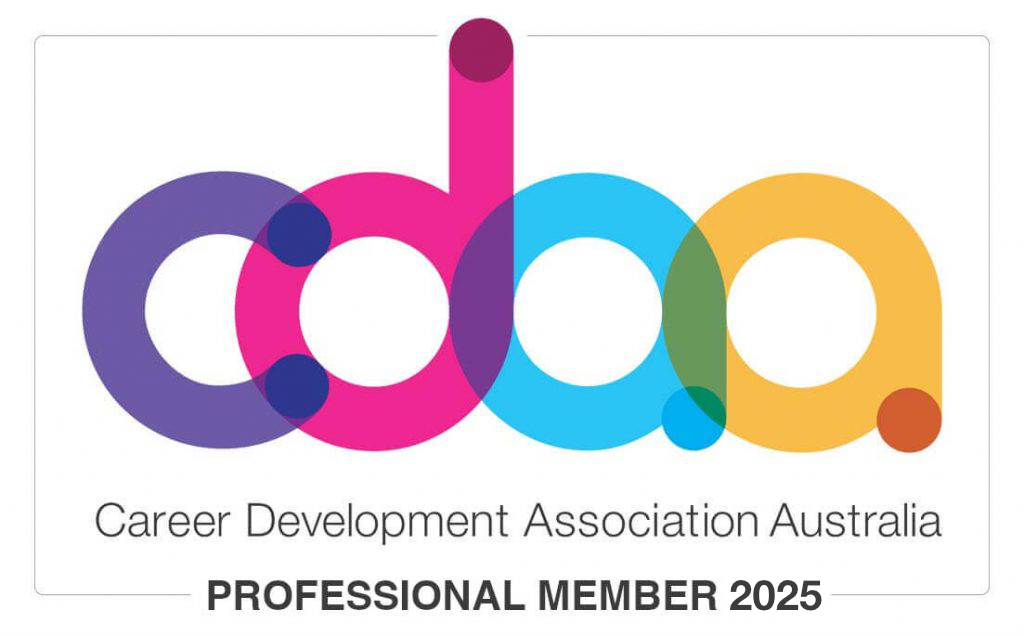BE DISCREET IN PUBLIC – OVER SHARING CAN STALL YOUR CAREER

Some recent personal experiences have led me to wonder whether we all need reminding about being careful what we say about our work in public spaces. Much has been written about social media where work and employees are concerned. What we write, share, like, post and tweet has the potential to impact upon our current and future careers. Whilst an evolving minefield of legal and ethical parameters, many organizations have social media policies (or should) and it would be fair to say the message is out there – whether heeded or not.
Yet, being overheard speaking about your employer, employee, clients, colleagues or associates is also potentially problematic on several fronts – particularly in the context of negative remarks or comments that call into question your interpretation of confidentiality.
I learned the hard way. Very early in my career, I landed a job that was a terrific learning experience. I worked alongside a very senior staff member who had a great sense of humour and was a source of much needed guidance for me. Travelling back together from a meeting by tram, I casually mentioned someone’s name, no doubt in the context of attempting to demonstrate my understanding of the day’s proceedings. I was told in no uncertain terms to NEVER mention names in public again as “the walls have ears.”
Being overheard, misquoted, recorded or misrepresented is a risk you take when speaking freely on the train for example – even if you consider your comments to be innocuous or spoken in a “code” that others nearby or next to you, would not understand. You’d be surprised how much people can decipher if they are given a reason to listen in. Sadly, I have come across several people who have landed themselves in untenable situations at work by unintentionally making candid or indiscreet comments in public spaces, only to have someone know the person/company being discussed and relay this information.
At the serious end, you could find yourself dealing with possible legal or contractual issues. Perhaps a more common scenario is damage to your “brand.” Keep in mind your values and what personal and professional message you want to send others in the wider community.
Trains, airport lounges, cafes, industry events and even sporting events are all environments where it is so easy to let your guard down and over share either directly with others or within earshot, especially if something is worrying you at work. I am guilty too. I challenge you to find someone who has never spoken a little too candidly to someone they barely know and later regretted doing so. After work events with a little alcohol mixed in can be a particularly potent combination. I am not suggesting you shouldn’t speak about your work or career at a café and share ideas as this is how many of us work, network, plan, study and learn. Just be mindful of what you are saying, where and to whom. It is a small world, with technology making it smaller.
I assume I am not the only person who has heard far too much about people’s lives and work experiences whilst on public transport, including what they think of their employer, supervisor, colleagues, direction company is taking, staff relationships and marital indiscretions. Do other passengers really need to know? Might this conversation be better postponed? I recently sat near a woman on a peak hour train. Speaking very loudly, she answered a call and had very clearly just been to a job interview. I could tell you the company, the position, her opinion of the remuneration, questions she didn’t like and what she thought of one of the panelists who she named in full multiple times. What if I worked for the company concerned or had been a family member of the panelist?
Indeed, an acquaintance told me she recently interviewed someone she had, only month earlier, heard talking very candidly on the tram about her supervisor who she named. Yes, it was a “private” tram conversation and she may have been a wonderful employee and the complaint worthy and legitimate, though her lack of judgement in a public space was unfortunate. I don’t know the outcome of the interview, though I can’t imagine this helped her chances of being offered the role. Employers value discretion.
What if you need to be available to clients whilst you are out in public, as many of us do? Maybe put your phone on silent or take the call and just be mindful of where you are. If something confidential comes up, explain you cannot speak now as you are in a public place. I doubt your employer or client would want their private details or the specialized advice they are paying for, shared with public.
On a related topic, avoid talking negatively about your staff or business problems to or in front of customers – especially at the counter. Quite apart from doing little to build a positive, collegiate workplace or constructively solve the issues at hand – it is not appropriate and makes customers feel uncomfortable, even invisible.
I have experienced this several times in the last few months.
Similarly, I have occasionally had staff tell me what they think of their job and/or boss, can’t wait to leave and so on, whilst serving me. I had simply asked them how their day was going whilst purchasing a coffee or a pot plant.
Perhaps there needs to be more education around boundaries, confidentiality, legal rights and responsibilities, problem solving, respect for colleagues/employers, personal “branding” and importantly, what internal and external help is available for staff.
However, I suspect among the circumstances mentioned, there are, sadly, a growing number of people who seem unable to cope with their frustration at work and struggle to communicate this appropriately. They might not care who knows how they feel about their work. A much broader issue for a future blog.
Helen Green, Director, Career Confident
Helen is a qualified careers consultant and professional member of the Career Development Association of Australia. She manages her own careers consulting practice based in Melbourne and enjoys helping a diverse range of clients.






